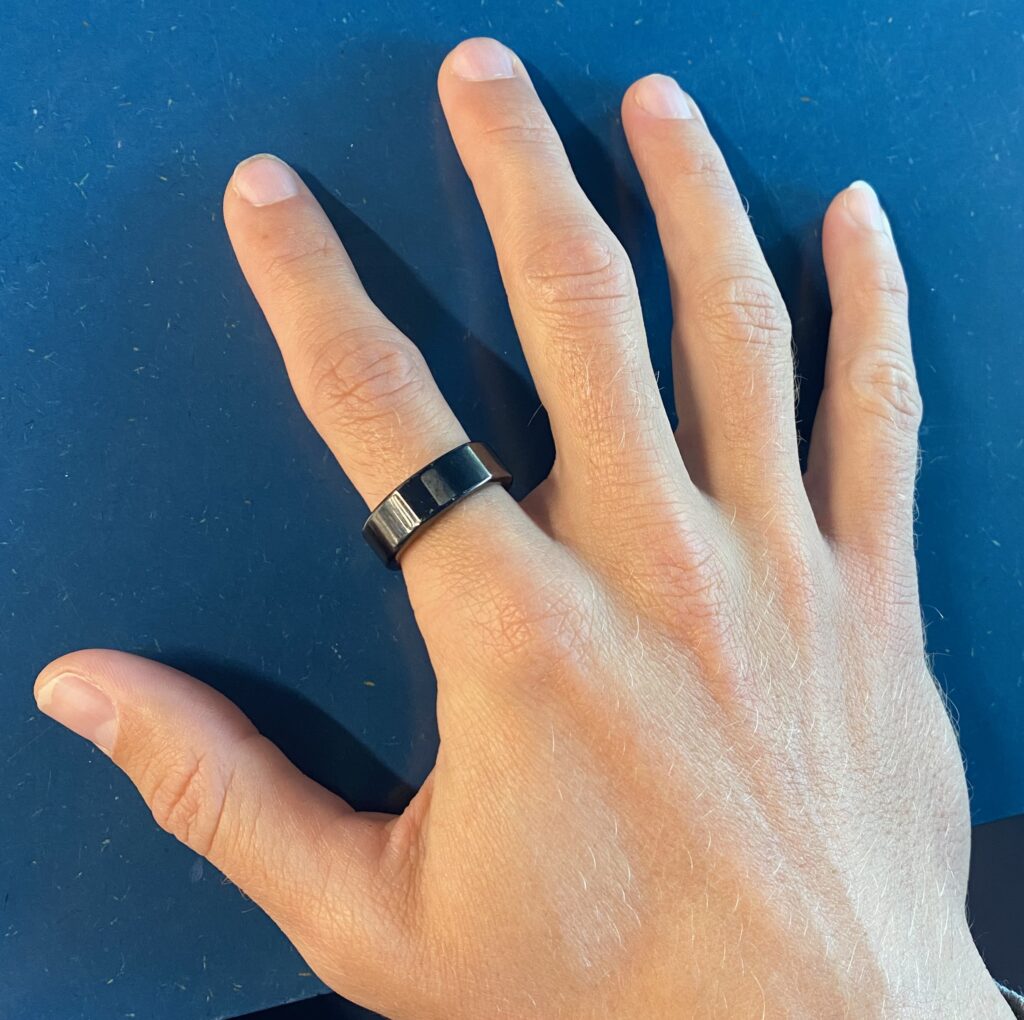Longevity and Money Management are 2 sides of the same coin. Once you understand that, you can easily apply all the lessons you’ve learned so hard during your life about finance and business in your Longevity Journey.

The Law of Compound Interest
Einstein has famously stated that “the people who understand compound interest will earn it, and those who don’t will pay it”. The general idea is that a small amount of money invested today, which generates a small interest every year that passes by, will eventually grow very big with small effort, if we keep the money invested long enough.
Well, when it comes to Longevity, it’s the same: the earlier you start, the greater the benefit, and the small effort you put today will eventually compound itself over the years and reward you with huge returns. Recent studies tend to prove for example that plaque in your arteries starts to accumulate as soon as in your teenage years, and this process continues under the radar for decades, until you get older and your arteries eventually get clogged. Preventing this from happening when you’re young takes a small amount of effort, but pays big decades after you’ve made this investment in your health.
There’s no “one size fits all” solution, no magic bullet
If I’d ask you how to get rich, and ask you to guarantee the success of that method you’ll come up with, you’d find this ridiculous, you’d probably laugh, and you’d certainly be right to do so! Succeeding in investment or business depends on your psychological profile, your education, your knowledge, how early you start, your risk aversion, your patience, and the other so many parameters that make you YOU. The world we live in is complex, and at least partially unpredictable. You have to make your bets, take risks, and find the right balance between persistence and flexibility.
Well, it’s the same for your Longevity Journey. The human body is just as complex as our economy, partially chaotic, and impossible to predict. In addition, it’s different for each one of us. So far, science has uncovered only a small fraction of how our biology works. So the solution in such a situation is to deal with uncertainty, follow a process of trial and error, until we get things right, accumulate knowledge about ourselves, and complete it with new discovers as they come along. Just as in business, there’s no easy way towards success, it’s going to take time, failures, there’s no magic recipe. But just as in business, work and consistency will eventually usually pay off.
Advice is cheap
I may sound controversial, but do you leave your wealth, you hard earned money, in the hands of so called “experts”, blindly trusting them to act “in your interest”? I’m not saying that you don’t have to listen to other’s opinions, be stubborn and take decisions in a vacuum. I’m saying that the healthy attitude when it comes to your money, is to listen carefully to everything everyone has to say, do your best to understand their point of view, and then do your homework by analysing everything, and then taking what seems to be the best decision for you. Financial advisors may have or have not conflicts of interest, but even if they don’t, they’ll never be as concerned as you by your own success.
Well, investigating and trying to understand as much as possible when it comes to your Longevity Journey is the right attitude to have also. Doctors have most of the time pure intentions, but :
– many times, they’re don’t agree with each other, which means that there’s no absolute truth, so that’s fine for anyone to have opinions, but you’re the one to make the final call
– they may have conflicts of interest, with Big Pharma educating them to prescribe certains treatments
– they don’t know you well as you know yourself
– they won’t be the ones suffering the consequences of the decisions they take for you
I don’t want to criticize doctors, I think they do the best they can given the complexity of their mission and the resources (time, money, knowledge) they have to do their job. However, just as you’re ultimately in charge of controlling your Money, you’re also ultimately in charge of controlling your Health. And there’s no one better suited than yourself to take the hard decisions for yourself.
Save for retirement
Most of us have a long-term financial plan. If we’re employees, our “Friend the State” may take care of this, through mandatory pension contributions on our wage. If we’re business owners, most of us have some sort of saving / investing plan for the long term (for example in the form of real estate, a low ROI / low risk investment). I can hardly imagine any responsible serious adult not thinking about their financial wellbeing in the very long term in one way or another.
Well, if you manage your financial capital for retirement, there’s no point in not managing your health capital for that time of your life also. The situation you want to find yourself in at that stage in your life is to be financially wealthy and at the same time physically and mentally healthy. And who knows, with a little bit of luck, you’ll have an interesting job and maybe you won’t have to retire anyway!




